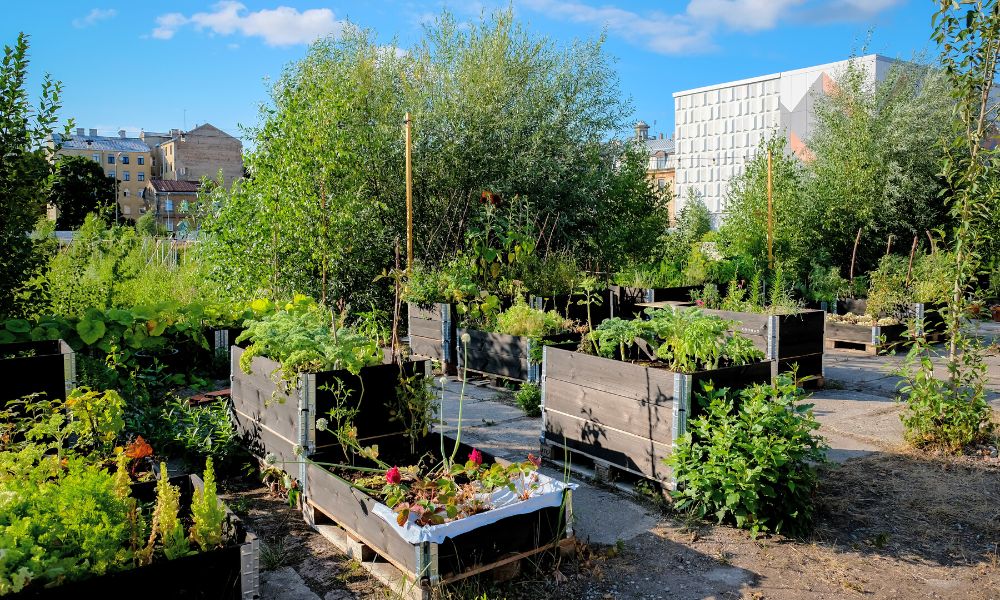Growing your food is like making money. Urban gardens are the hot new trend for city-dwellers who want to dip their hands into modern farming while maintaining an urban lifestyle. However, various ordinances and constraints can make it difficult to start growing your crops. That said, we can help. Check out our top tips for growing your food in a major city.
Plan Your Garden
It’s important to plan what you want to garden before you do it, whether you want to grow mushrooms at home or set up rows of carrots and melons to sell at your local farmers market. Check the available space in your home, backyard, or apartment patio or balcony. To determine your bed and pot requirements, you’ll need to measure your potential garden space, such as windowsills, fire escapes, kitchen counters, and more. You’ll also need to figure out the area’s light sources and weather patterns since they will affect the nutrients your plants receive. Finally, some plants grow better in certain environments than others, so consider that before growing anything.
Buy Peat-Free Soil
Much of the soil you see on shelves in your local gardening store contributes to climate change and environmental degradation. Many popular soils include peat. Some soil suppliers harvest peat from peatlands that take upward to a millennium to form. When they pull it apart, so you can buy it and use it in your garden, it releases a ton of greenhouse gases and carbon dioxide into the atmosphere. Luckily, it isn’t an essential ingredient for plant growth. Instead, you can buy most of your soil peat-free. Choose the sustainable option and buy peat-free soil. Doing so is a great tip for growing your food in the city.
Compost for Soil Nutrition
Whether you set up in a small yard or on a balcony, you’ll need to nourish your soil throughout the year. Sometimes, you’ll need to feed it nutrients found in most fertilizers. However, you can usually make your fertilizer, which will work fine. Learning how to properly compost minimizes food waste and provides you with nearly free plant fertilizer since you make it using kitchen scraps. Don’t waste your excess compost; drop it off at community garden and farmers market collection sites. They’ll be happy to have it.
These three tips will help you navigate your urban farming plan and get the most out of your farming experience!







